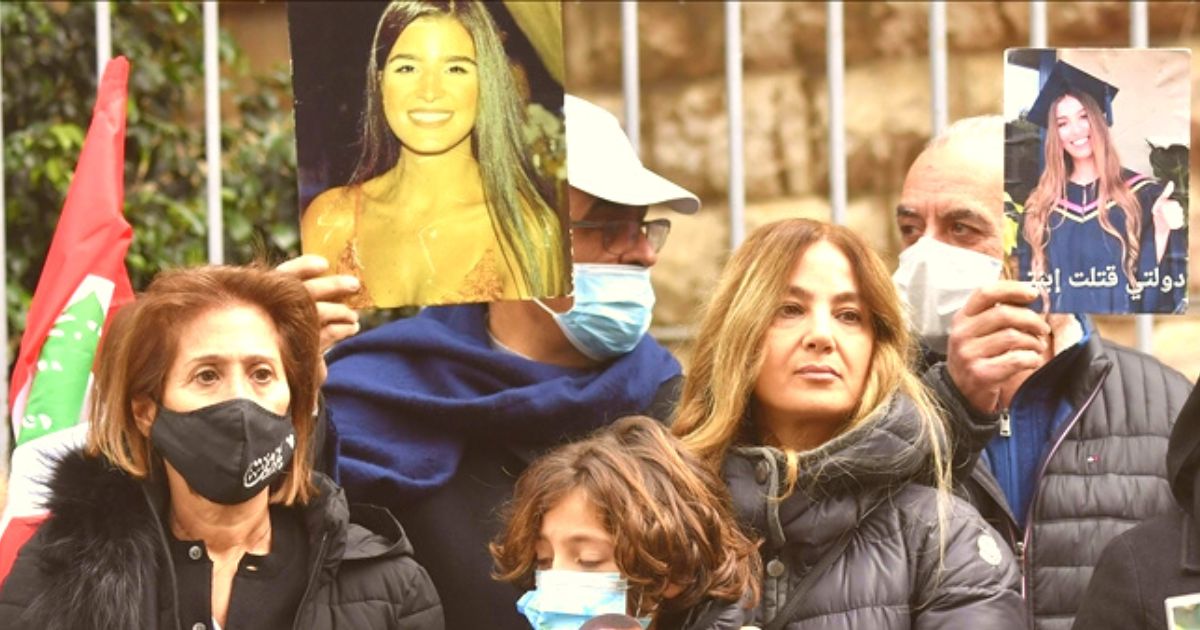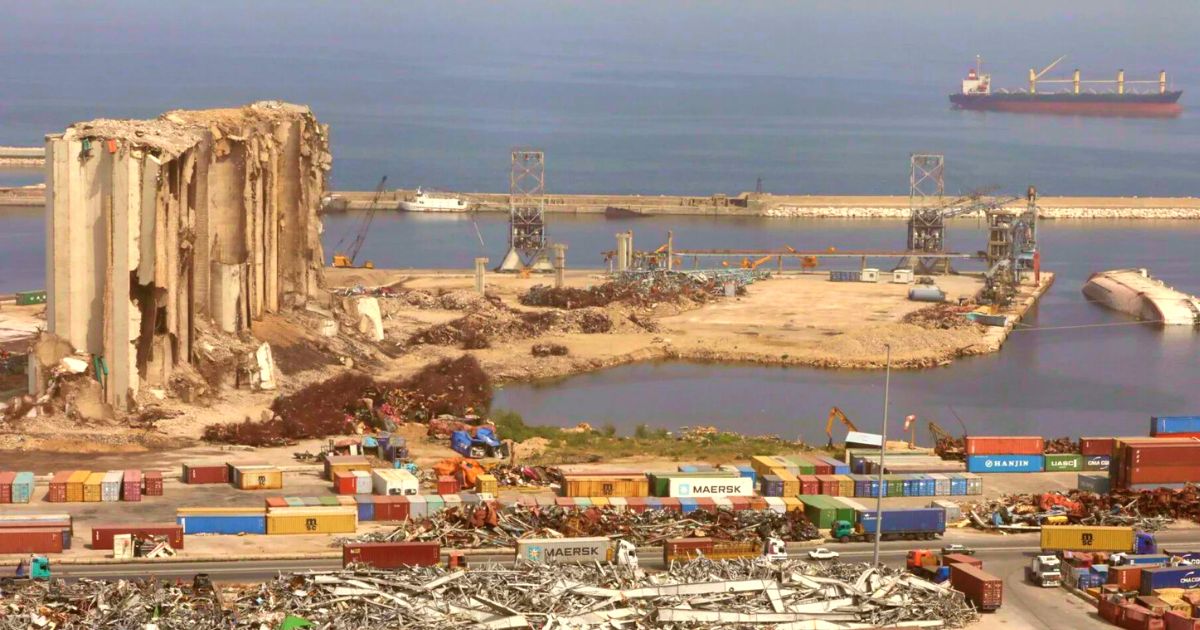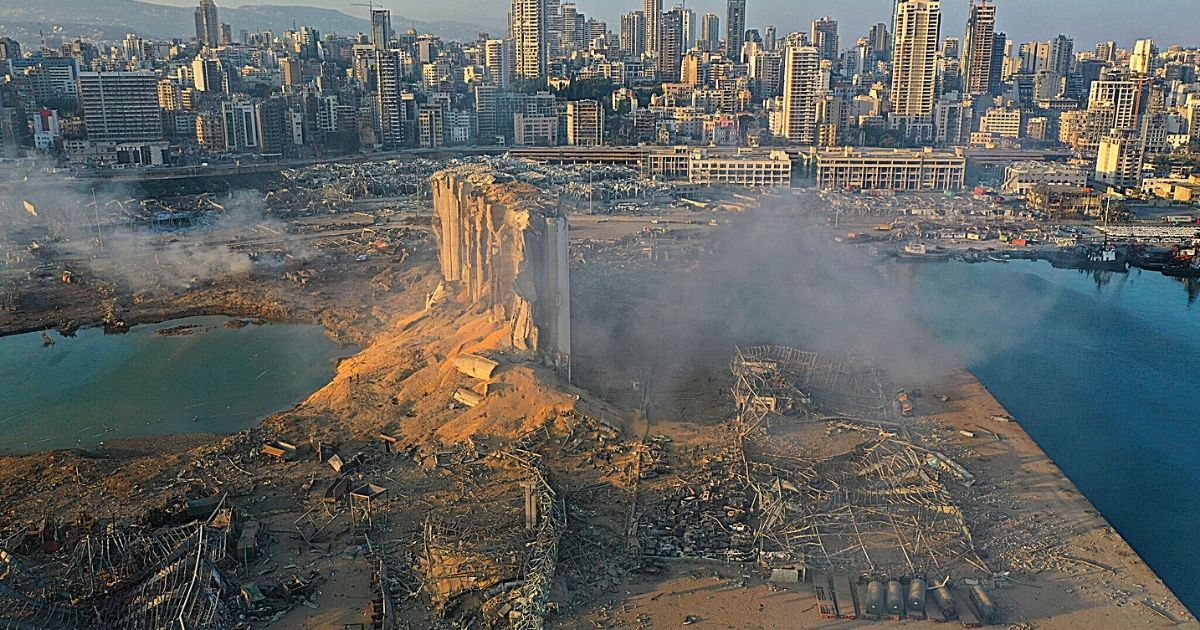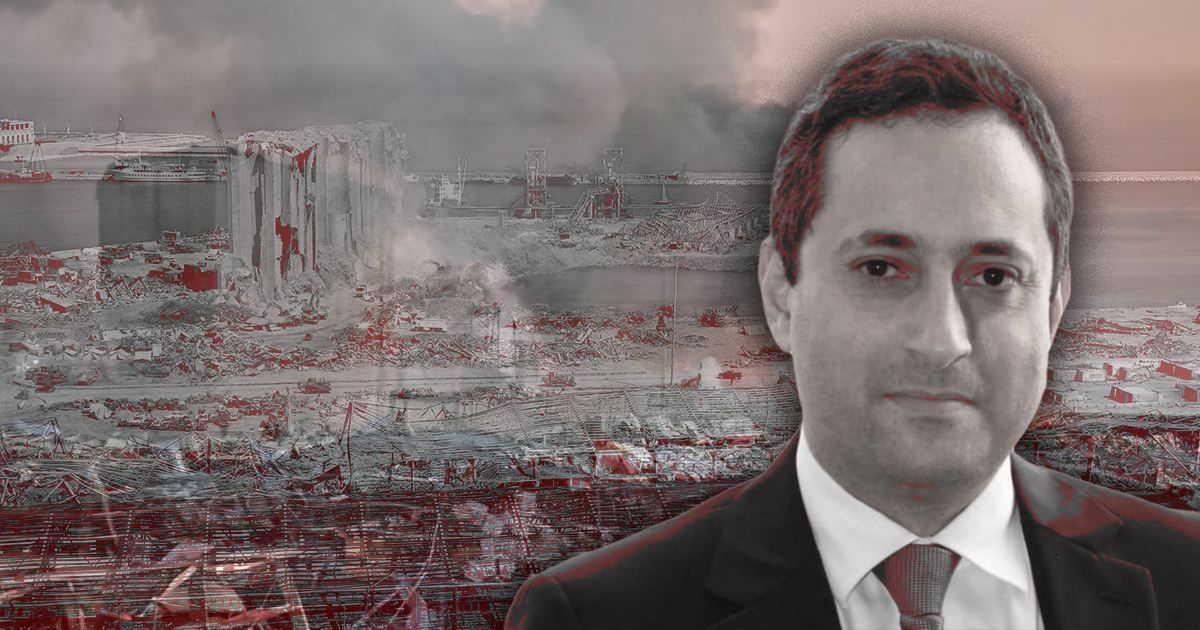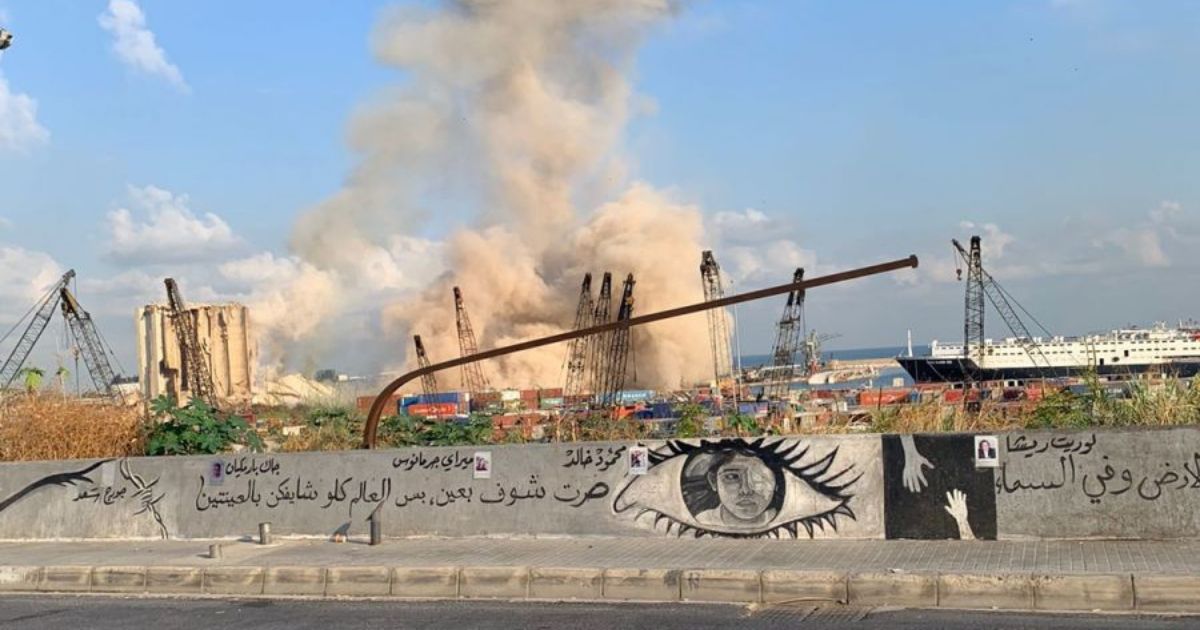Imagine this; you’re standing under a broken roof with holes big enough to let the raindrops settle under your feet. The wall’s paint around you is weathering and peeling off in spots, and the slats in the shutters on the windows are mostly broken out and covered in debris, allowing a blast of icy-cold air to spread throughout your body, tingling along your skin.
Unfortunately, this is not a fiction novel or a movie scene. For thousands of Beirut residents this year, this is a reality materializing by the day as winter edges closer and closer.
During this time of the year in Lebanon, what would be in the process of materializing is the happy expectation of Christmas festivities. Not this year though. Too many Beirut residents can’t even expect to have a safe and warm dwelling, let alone a Christmas tree to spark colorful warm lights in what they used to call their living rooms.
The disastrous explosion that shook Beirut’s port on August 4th hasn’t left them with much when it cruelly wiped out a huge area of the capital, killing at least 220 people, and leaving 7,000 injured.
That came to exacerbate dramatically the living conditions of many who were already suffering a crippling economy, multiple crises, and an unemployment rate exceeding 50%.
The revolution of the people factually ensued to shake off the ruling body to act and stop the collapse. The pandemic emerged, suspending the people’s efforts and adding to their predicament.
As if that wasn’t enough, Beirut’s enormous explosion propelled at least 300,000 people into homelessness, with thousands of people unable to afford to repair their blast-damaged houses. To date, over 3 months later, countless are still waiting for the government to step up.
According to a survey prepared by the Lebanese army, around 85,744 residential units were partially or completely damaged by the explosion.
President of the Advanced Emergency Room Sami Howayek announced on Sunday that the army began distributing financial compensations a week ago and it will compensate around 10,000 housing units. The majority, though, will have to keep praying for a miracle.
Beirut’s Governor Marwan Abboud told Xinhua that the city is in a dire situation as the Lebanese state is bankrupt and Lebanon hasn’t yet received the donations pledged by the emergency conference organized in response to the blast.
“We hope that the government will be formed soon and reforms will get implemented to unlock donations to be able to help people,” Abboud said.
Unfortunately, the formation of a government and its repeated attempts and failures, including premiers dropping out, have become an open-end saga or, as said in Lebanon, the story of Alf Layleh w Layleh (The Thousand Nights & A Night).
The people will have to wait, while the winter is not waiting for anyone nor is the expansion of the economic crisis.
Until then, the affected residents of Beirut can only rely on the NGOs to help them while the NGOs from their side are relying on the support of those who can, locally and internationally.
Here’s a list of NGOs directly helping with disaster relief, including initiatives helping with repairing and rebuilding the broken residences.




